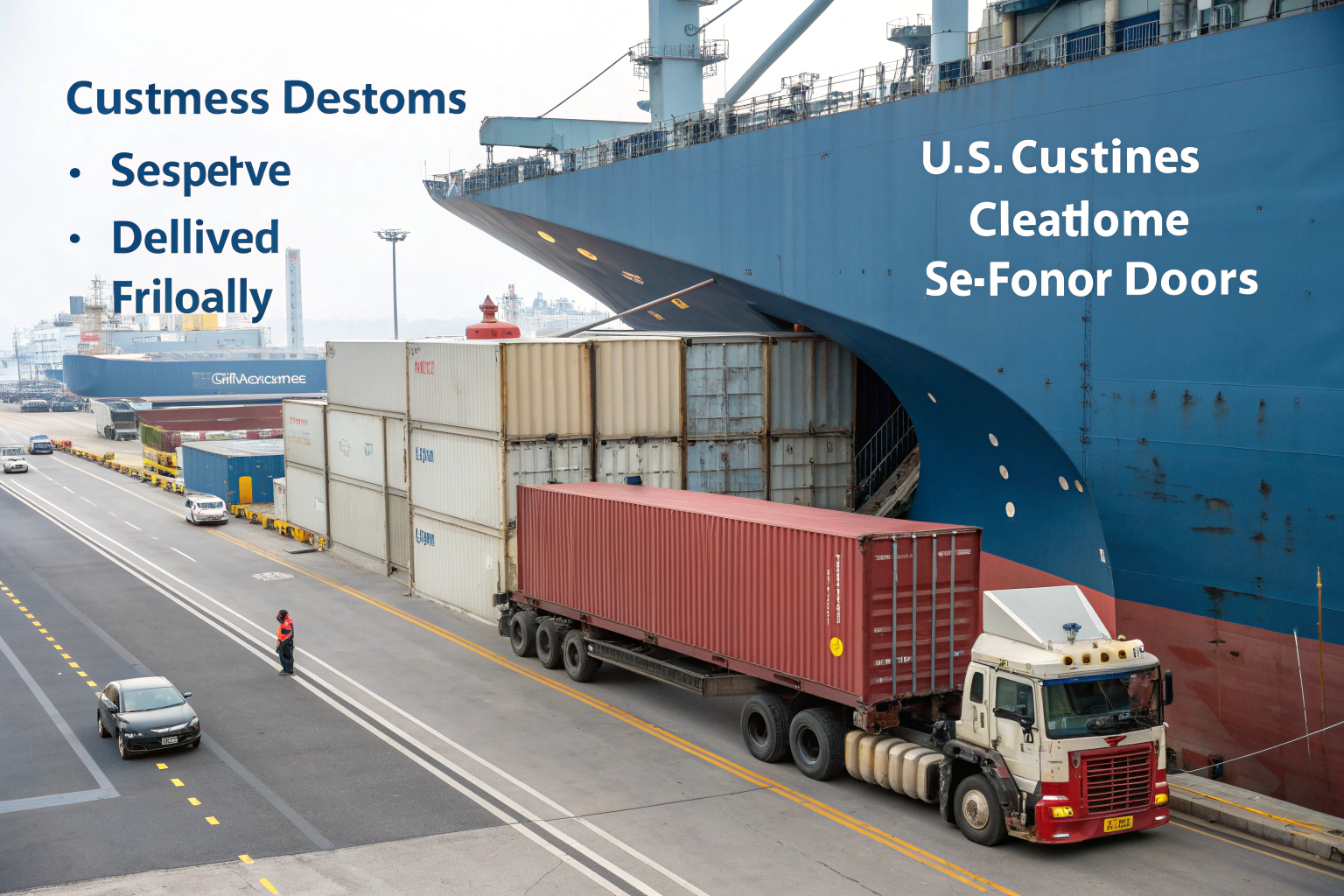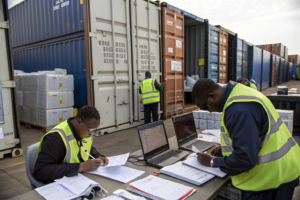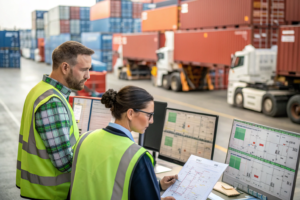When clients ask me about DDP shipping, I usually take a breath, because it sounds straightforward but, honestly, the details can get messy. Well, DDP—Delivered Duty Paid—is one of those Incoterms that buyers either love or they regret later. In my experience, it depends on what kind of business you’re running and how much control you want over the process.
DDP shipping means the seller or freight forwarder handles almost everything: pick-up, freight, customs clearance, duties, and even delivery to the buyer’s warehouse. The importer just waits for the goods.
From my observation, smaller businesses or newcomers love DDP because it feels simple. But surprisingly, it’s not always the cheapest or the safest option if you don’t pay attention to the fine print.
What Does DDP Shipping Actually Include?
DDP is designed to be an all-in-one package.
It covers export clearance in China, international freight, U.S. customs clearance, import duties, and final delivery.
I had a client once who said, “I just want the goods at my warehouse in Texas. Don’t tell me about customs, just get it done.” For him, DDP worked perfectly. He didn’t want to deal with a broker or fill out endless forms.
![]()
What Does the Buyer Handle?
Pretty much nothing except unloading. Sites like Freightos confirm that this Incoterm places nearly all responsibility on the seller.
Any Limitations?
Yes, actually. Insurance, special handling, and storage fees aren’t always included. In my experience, unless you ask upfront, those extras can pop up later as “surprise” costs.
How Is Customs Clearance Managed Under DDP?
This is where many importers breathe a sigh of relief.
Under DDP, the seller or forwarder arranges customs clearance in the U.S., files the entry forms, and pays duties in advance.
From my observation, this is the main reason importers choose DDP: no wrestling with CBP forms or dealing with customs brokers.
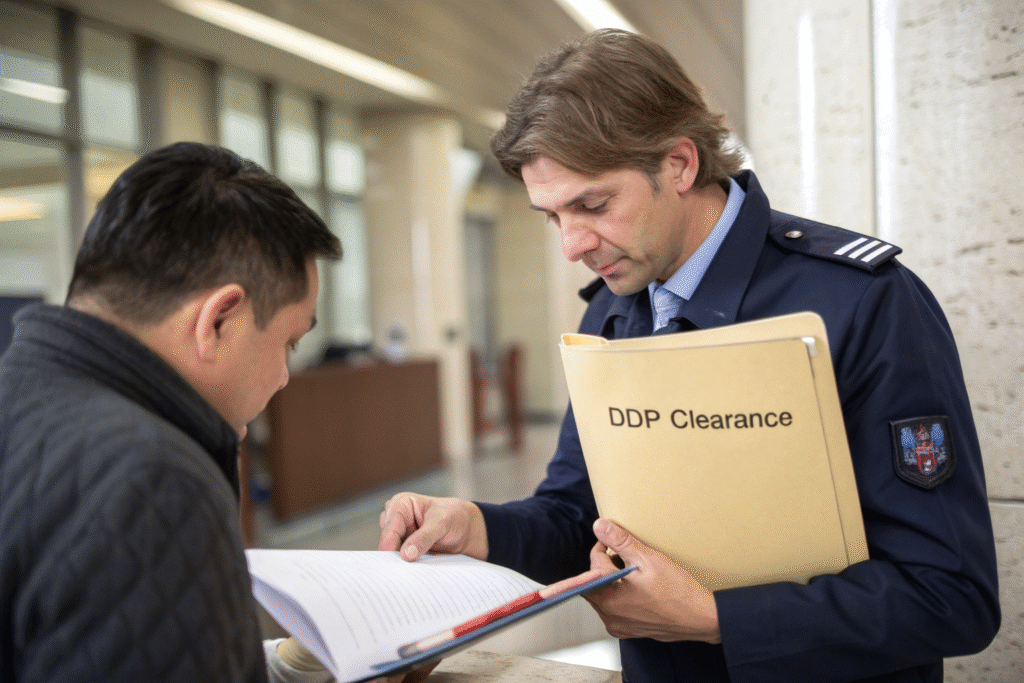
Who Pays the Duties?
The seller does. Duties are prepaid. According to CBP, this is non-negotiable under DDP terms.
What If Customs Flags the Cargo?
That’s the catch. Even under DDP, inspections can delay cargo. I once had a client whose goods were flagged for x-ray. The forwarder handled everything, but the delivery was still delayed. The buyer wasn’t charged extra, but he did lose a week.
Is DDP Always the Best Choice for Importers?
Honestly, no. DDP is convenient, but it doesn’t always make sense for everyone.
It works best for small importers who value simplicity. Larger importers with logistics teams often prefer terms like FOB or CIF to save costs and keep more control.
In my experience, many newcomers jump to DDP thinking it’s the safest. Sometimes it is. But I’ve also seen big companies avoid it because they know they can negotiate better freight rates themselves.
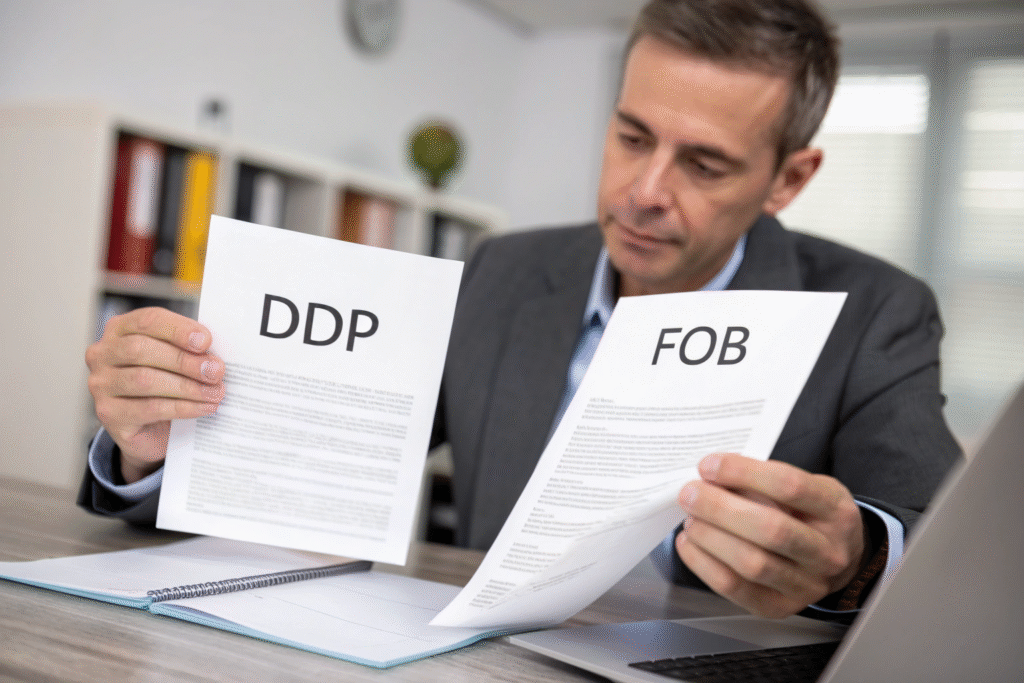
Pros of DDP
- No customs headaches
- Duties prepaid
- Door-to-door delivery included
Cons of DDP
- Higher cost overall
- Risk of hidden fees
- Less visibility into customs and duty calculations
How Do You Avoid Problems With DDP?
The devil is in the details.
To avoid issues, always ask what’s included, clarify who covers insurance, and confirm what happens if customs delays occur.
I recall a buyer who thought everything was included. Later, he was shocked to find he still had to pay for warehouse storage because the forwarder delayed pickup. Frustratingly, it wasn’t in the DDP agreement.

Key Questions to Ask
- Are duties and tariffs fully included?
- Who covers inspection fees?
- Is insurance part of the deal?
Should You Use DDP for Every Shipment?
Not really. In my opinion, DDP is best for smaller, less complicated shipments or when you’re new to importing. Once your volumes grow, switching to FOB or CIF might save a lot of money.
Conclusion
So, how does DDP shipping from China work? Simply put, the seller or forwarder takes care of the whole journey—from pickup at the Chinese factory to your warehouse in the U.S.—including customs and duties.
As someone who’s been in this industry for years, I can tell you DDP feels like a lifesaver for beginners. But actually, it’s not a magic solution. If you don’t ask the right questions, hidden costs can surprise you. From my observation, trust in your forwarder matters as much as the Incoterm itself.
